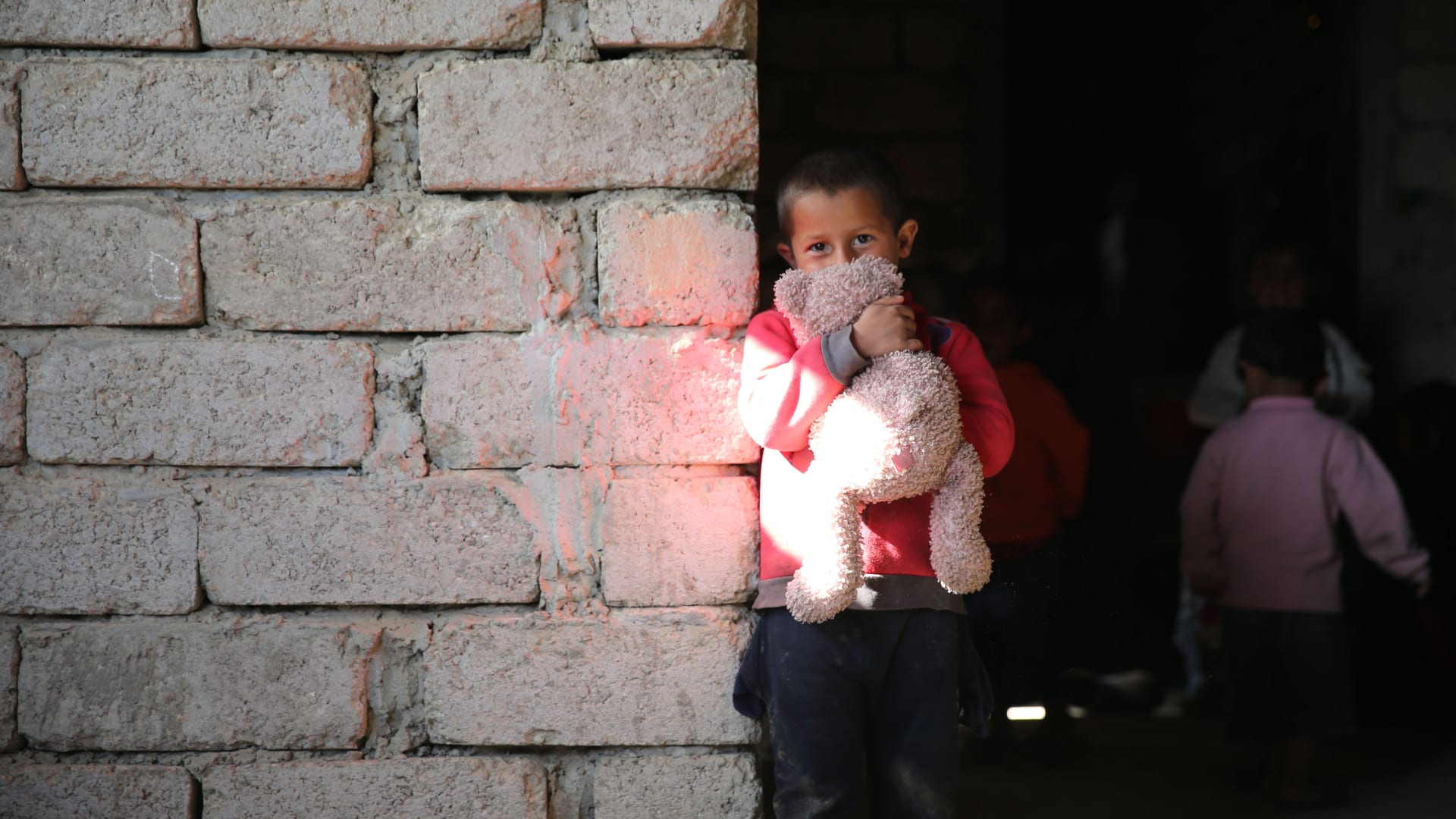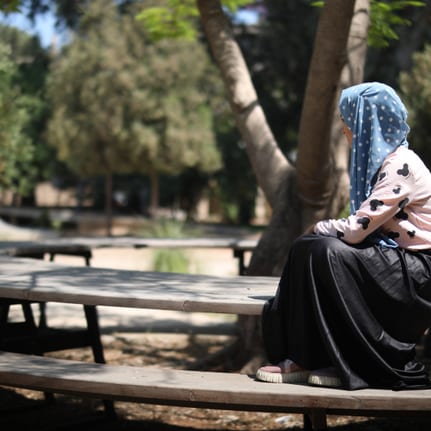Our impact in 2022
8 countries
549,200 children
and members of their communities have been supported by our projects in the Middle East and North Africa
more than 2,000
girls and young women both at risk and already married have been monitored in Lebanon
Child protection
Children and young people account for around half the population in the Middle East and North Africa. Most are exposed to endemic political and economic instability, exploitation and forced migration. The war in Ukraine has resulted in runaway inflation, and fuel and food shortages, causing an unprecedented humanitarian crisis. Exacerbated by poverty and massive inequality, underage marriage and child labour are rising continuously.
“We are seeing more and more very young children, sometimes scarcely 4 or 5 years old, working,” says Alice Hujairi, Tdh project manager in Lebanon. In these circumstances, worsened by the earthquakes in Turkey and Syria, plus the droughts in Iraq and Afghanistan caused by climate change, the situation is more than worrying. Working in conjunction with local partners, community leaders and the authorities, Terre des hommes has to respond as a matter of urgency to protect children’s basic rights, access to education and justice.
Can you help children in the region?
At the heart of the Middle East and North Africa

Terre des hommes is working in Afghanistan, Egypt, Iraq, Jordan, Lebanon, Pakistan, Palestine and Syria.
Healthcare systems in Afghanistan are collapsing. The midwives trained by Terre des hommes make home visits to care for mothers and children. In Pakistan, Syria and Iraq, all adversely affected by conflicts and natural disasters, we are supporting, alongside our partners, the health, water and sanitation systems.
There are multiple consequences for refugee children in the region, including non-attendance at school, street work, child marriage, violence, exploitation and abuse. We work with communities so that children and young people have access to the appropriate protection services.
To ensure restorative justice and respect for children’s rights, we work in conjunction with legal systems – often governed by sets of religious standards – and community leaders. The aim is to make children’s interests the main focus of legal proceedings and to support their rehabilitation.

Terre des hommes is working in Afghanistan, Egypt, Iraq, Jordan, Lebanon, Pakistan, Palestine and Syria.
Healthcare systems in Afghanistan are collapsing. The midwives trained by Terre des hommes make home visits to care for mothers and children. In Pakistan, Syria and Iraq, all adversely affected by conflicts and natural disasters, we are supporting, alongside our partners, the health, water and sanitation systems.
There are multiple consequences for refugee children in the region, including non-attendance at school, street work, child marriage, violence, exploitation and abuse. We work with communities so that children and young people have access to the appropriate protection services.
To ensure restorative justice and respect for children’s rights, we work in conjunction with legal systems – often governed by sets of religious standards – and community leaders. The aim is to make children’s interests the main focus of legal proceedings and to support their rehabilitation.
At the drop-in centre with Alaa
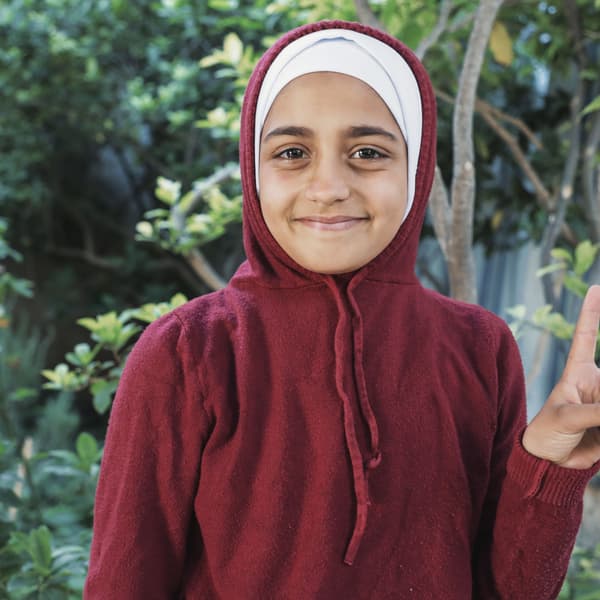
“The most important thing I’ve learned is how to protect myself and my friends. I also learned that I have rights, so for example, when a child is sick, they have the right to be treated.”
Originally from Syria, 12-year-old Alaa has been a refugee in Tyre, Lebanon for months. She takes delight in meeting her friends every day in a house surrounded by a garden. Reserved for children and young people, this drop-in centre was set up by Tdh with support from the Lebanese NGO the Women’s Humanitarian Organization (PWHO). Suffering from a cardiovascular disease, the young refugee was able to stop working in the coal plant where she used to have to go every morning before school to help her family.
Sarah*, 15, lives in the West Bank in Palestine and she participated in Mental Health Psychosocial Support (MHPSS) sessions, among other children. The activities dedicated to those groups focused on drawing their attention to skills that will enable them to assess protection and psychosocial concerns among children, including children with disabilities. Along the way, they improve their skills through initiatives led by adolescents themselves. The purpose of this project, supported by the oPt HF, lied within impacting the community as a whole ultimately.
Supported by

AECID
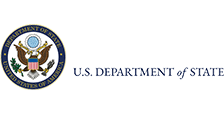
Bureau of Population, Refugees, and Migration (PRM)

Bureau of Democracy, Human Rights, and Labor

Caritas Germany

Dutch Relief Alliance (DRA)

ECHO
The European Commission's Humanitarian Aid department (ECHO) funds relief operations for victims of natural disasters and conflicts outside the European Union.

Education Cannot Wait

EIDHR

European Commission GD - INTPA

EU Regional Trust Fund
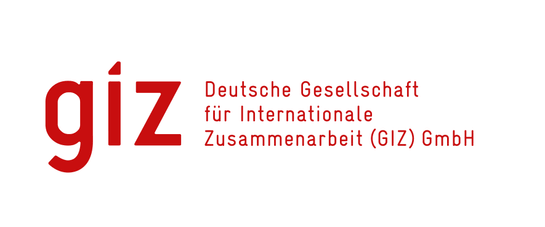
German Agency for International Cooperation (GIZ)
As Germany's leading service provider in the field of international cooperation for sustainable development and international education work, GIZ is dedicated to shaping a future worth living around the world.

Ministry of Foreign Affairs of the Netherlands

OCHA
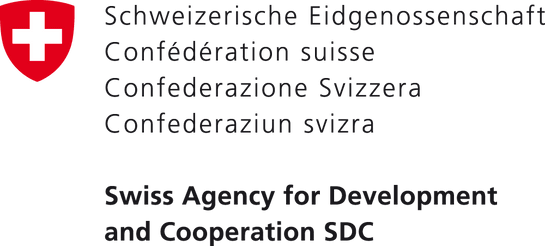
SDC
The Swiss Agency for Development and Cooperation (SDC) implements the Federal Council's foreign policy on humanitarian aid, development cooperation and cooperation with Eastern Europe and at multilateral level. The SDC focuses its activities on reducing poverty and distress, as well as curbing global risks. It also aims to preserve natural resources for future generations.
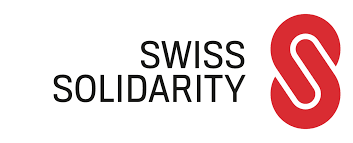
Swiss Solidarity
Swiss Solidarity is Switzerland's humanitarian fundraising and solidarity system. For Terre des hommes, Swiss Solidarity is one of its most important partners, particularly in the case of natural disasters.
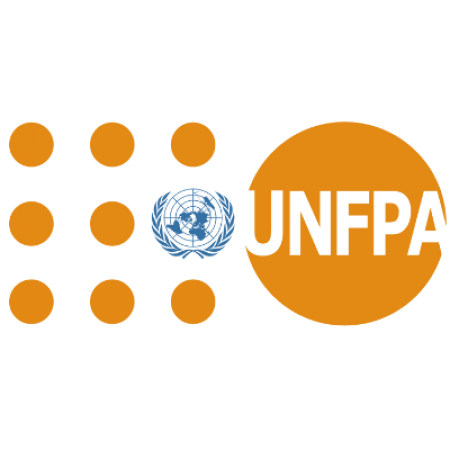
UNFPA

UNHCR
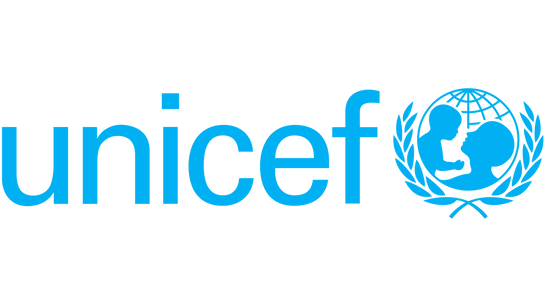
UNICEF
UNICEF - United Nations Children's Fund: UNICEF works in more than 190 countries and territories to save children's lives, protect their rights and help them reach their potential, from early childhood through adolescence.

UNICRI
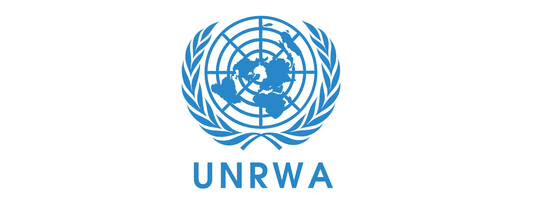
UNRWA

USAID
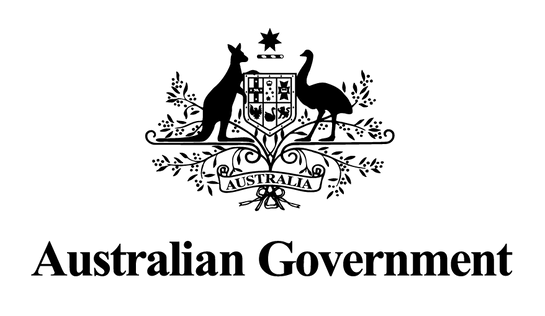
Australian Government


